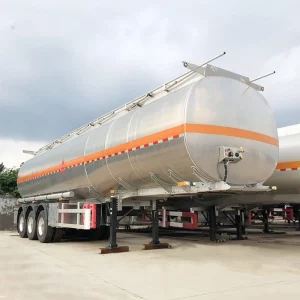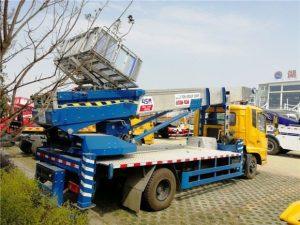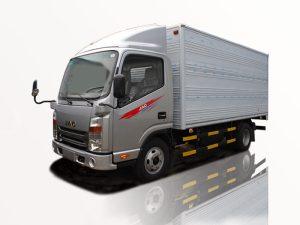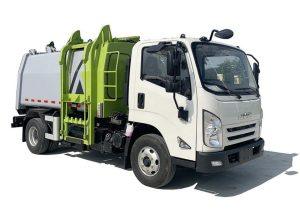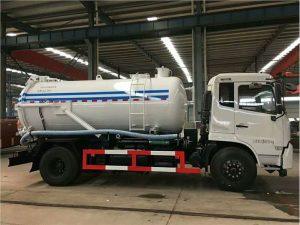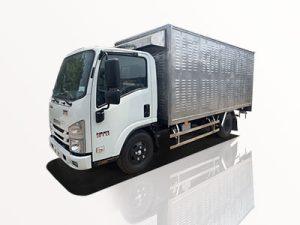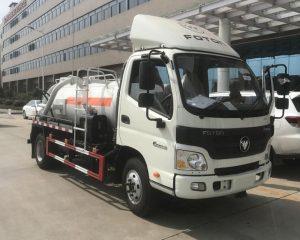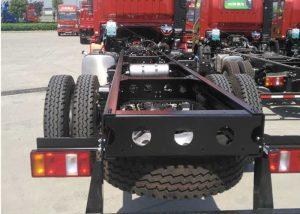Monday to Saturday - 8:00 -17:30
Lorry and Truck: A Comprehensive Guide
When it comes to transporting goods, “lorry” and “truck” are two terms that are often used interchangeably. However, there are subtle differences and regional variations that can affect their meanings. This article delves into the world of lorries and trucks, exploring their types, functions, advantages, and more. Whether you’re a logistics professional or simply curious about these powerful vehicles, we’ll provide you with the essential information you need.
Understanding the Basics: What is a Lorry and a Truck?
Definitions
A lorry is commonly used in British English to refer to a large motor vehicle designed for transporting cargo. In American English, the equivalent term is “truck.” Despite the linguistic distinction, both vehicles serve the same purpose of hauling goods from one location to another.
Historical Background
The history of lorries and trucks dates back to the industrial revolution when the demand for efficient goods transportation increased. Diesel engines and advancements in vehicle design have revolutionized the logistics industry, allowing for greater cargo capacities and improved fuel efficiency.
Types of Lorries and Trucks
Light Duty Trucks
Light duty trucks are designed to carry lighter loads. They typically range from 1,000 to 6,000 pounds in payload capacity and are commonly used for local deliveries and small-scale transport needs.
Examples of Light Duty Trucks
- Pickup Trucks
- Vans
- Small Box Trucks
Medium Duty Trucks
Medium duty trucks are suitable for heavier loads than light duty trucks, with a payload capacity ranging from 6,000 to 26,000 pounds. These trucks are often seen in commercial transport and distribution.
Examples of Medium Duty Trucks
- Delivery Trucks
- Service Utility Vehicles
- Cutaway Vans
Heavy Duty Trucks
Heavy duty trucks are designed for the heaviest loads, with a payload capacity exceeding 26,000 pounds. These vehicles are essential for long-haul transportation and industrial applications.
Examples of Heavy Duty Trucks
- Tractor-Trailers
- Dump Trucks
- Concrete Mixers
Key Components of Lorries and Trucks
Engine and Performance
The engine is the heart of any lorry or truck, influencing its power, efficiency, and load-carrying capabilities. Most modern trucks utilize diesel engines due to their superior fuel efficiency and torque characteristics.
Cargo Space and Design
Lorries and trucks come with various cargo space designs such as flatbeds, box bodies, and refrigerated units. The choice of design depends on the nature of the goods being transported.
The Role of Lorries and Trucks in Logistics
Transportation of Goods
Lorries and trucks are vital for the distribution of goods across the supply chain. They link manufacturers to distributors and retailers to consumers.
Impact on Local Economies
Efficient truck transportation reduces costs and increases the speed of delivery. This is crucial for local grocery stores, manufacturers, and e-commerce businesses.
Environmental Considerations
As the world moves towards sustainability, truck manufacturers are increasingly investing in eco-friendly technologies. Electric and hybrid trucks are becoming more prevalent, promising to reduce carbon emissions in the logistics industry.
Choosing the Right Lorry or Truck for Your Needs
Assess Your Requirements
Identifying your transportation needs is the first step in selecting the right vehicle. Consider the weight and size of the goods, the distance of the transport, and the required delivery frequency.
Evaluating Payload Capacity
Different trucks offer varying payload capacities. It’s essential to choose a truck that meets your load requirements while adhering to legal weight limits.
Cost Considerations
The initial cost of purchasing a truck is only part of the equation. Assess ongoing expenses such as fuel, maintenance, and insurance when selecting a vehicle.
Practical Examples
| Business Type | Recommended Vehicle | Reason |
|---|---|---|
| E-commerce | Medium Duty Box Truck | Ideal for frequent local deliveries |
| Construction | Heavy Duty Dump Truck | Designed to carry heavy materials |
| Food Delivery | Refrigerated Van | Keeps perishable goods fresh |
Maintenance Tips for Lorries and Trucks
Regular Inspections
Ensure regular inspections to identify any mechanical issues early. Pay attention to brakes, tires, and engine performance to ensure safety.
Oil Changes and Engine Care
Regular oil changes can extend the life of your engine. Follow the manufacturer’s recommendations for oil change intervals.
Tire Maintenance
Check tire pressure regularly to avoid blowouts and improve fuel efficiency. Replace tires as needed to maintain optimal handling.
Future Trends in the Lorry and Truck Industry
Electric and Autonomous Vehicles
The shift towards electric vehicles is gaining momentum in the logistics sector. Companies are investing in charged infrastructure to support electric trucks.
Telematics and Fleet Management
Telematics technology allows for real-time tracking and monitoring of fleet performance, improving route efficiency and reducing costs.
Regulatory Changes
Stay informed about new regulations regarding emissions, safety, and driver regulations that could affect the operation of lorries and trucks.
Frequently Asked Questions (FAQs)
1. What is the primary difference between a lorry and a truck?
The primary difference lies in the regional terminology; “lorry” is commonly used in British English, while “truck” is used in American English. However, both refer to vehicles designed for transporting goods.
2. What types of loads can be transported in a lorry or truck?
A wide variety of loads can be transported, from small packages in delivery vans to heavy construction equipment in specialized heavy-duty trucks.
3. How can I improve the fuel efficiency of my truck?
Improving fuel efficiency can be achieved by regular maintenance, ensuring proper tire pressure, and utilizing fuel-efficient driving techniques, such as avoiding rapid acceleration.
4. Do I need a special license to drive a lorry or truck?
Yes, driving a larger lorry or truck typically requires a commercial driver’s license (CDL) or its equivalent, depending on regional regulations.
5. What are the benefits of investing in electric trucks?
Electric trucks offer lower operating costs, reduced emissions, and quieter operation, contributing to sustainability in the logistics industry.
6. How do I choose the right truck for my business?
Assess your cargo needs, consider the type of goods you’re transporting, evaluate payload capacity, and factor in budgets for purchase and maintenance.


